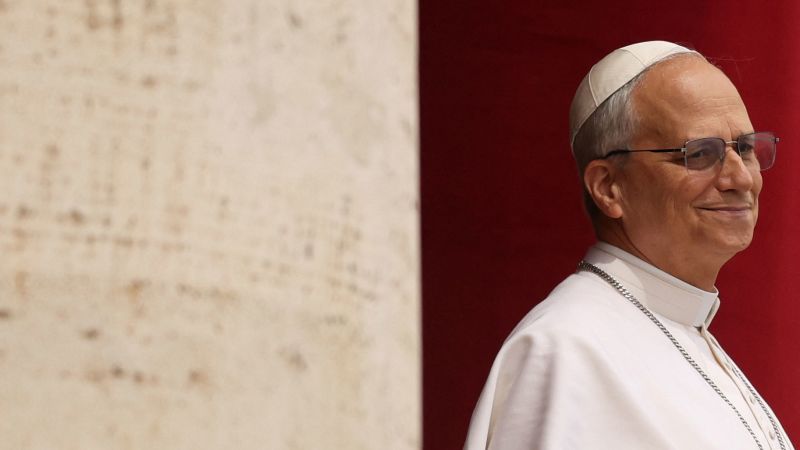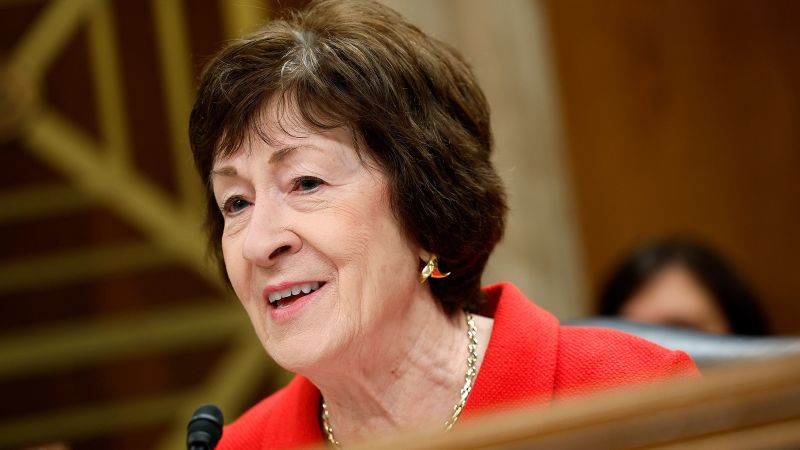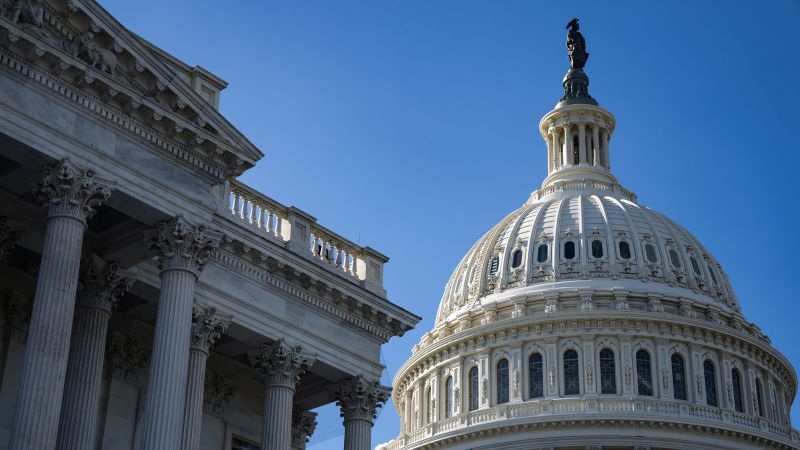Pope Leo XIII's Vision For The Catholic Church

Welcome to your ultimate source for breaking news, trending updates, and in-depth stories from around the world. Whether it's politics, technology, entertainment, sports, or lifestyle, we bring you real-time updates that keep you informed and ahead of the curve.
Our team works tirelessly to ensure you never miss a moment. From the latest developments in global events to the most talked-about topics on social media, our news platform is designed to deliver accurate and timely information, all in one place.
Stay in the know and join thousands of readers who trust us for reliable, up-to-date content. Explore our expertly curated articles and dive deeper into the stories that matter to you. Visit Best Website now and be part of the conversation. Don't miss out on the headlines that shape our world!
Table of Contents
Pope Leo XIII's Enduring Vision: A Legacy of Reform and Renewal
Pope Leo XIII (1878-1903) reigned during a tumultuous period for the Catholic Church, marked by the rise of modernity, nationalism, and scientific advancements that challenged traditional beliefs. Yet, his papacy, far from being a period of defensive retreat, was one of significant reform and a proactive engagement with the evolving world. This article delves into Leo XIII's key initiatives and their lasting impact on the Catholic Church.
Navigating the Modern World: Key Themes of Leo XIII's Papacy
Leo XIII’s papacy was defined by a complex interplay of challenges and responses. He faced the rise of liberalism, socialism, and secularism, all threatening the Church's influence and authority. His response was multifaceted, focusing on:
-
The Social Question: Perhaps his most enduring legacy lies in his engagement with social issues. His encyclical Rerum Novarum (1891) addressed the plight of the working class, condemning both unrestrained capitalism and socialism. It advocated for fair wages, workers' rights, and the dignity of labor, establishing a foundation for Catholic social teaching that continues to resonate today. This marked a significant departure from previous papal pronouncements and established the Church's active role in social justice.
-
Modernism and Intellectual Engagement: While staunchly defending Catholic dogma, Leo XIII wasn't averse to intellectual engagement. He encouraged the study of philosophy and science within a Catholic framework, believing that faith and reason could coexist. He established the Pontifical Biblical Commission to promote rigorous biblical scholarship, a move that aimed to counter the rising tide of biblical criticism.
-
Ecumenism and Interfaith Dialogue: Although the formal ecumenical movement was still nascent, Leo XIII demonstrated a willingness to engage in dialogue with other Christian denominations and even non-Christian faiths. He sought to foster mutual understanding and cooperation wherever possible, paving the way for future interfaith initiatives.
-
Missionary Zeal: Leo XIII actively promoted the spread of the Catholic faith through missionary work, especially in Africa and Asia. He understood the importance of evangelization in a rapidly globalizing world and supported the establishment of new missions and seminaries to train future missionaries.
Rerum Novarum: A Cornerstone of Catholic Social Teaching
Rerum Novarum, meaning "Of New Things," is arguably Leo XIII's most influential encyclical. This landmark document remains central to Catholic social teaching, advocating for:
- The dignity of the human person: The encyclical emphasizes the inherent dignity and rights of every individual, regardless of social class.
- The importance of private property: While acknowledging the need for social justice, Leo XIII defended the right to private property as a necessary component of a just society.
- The role of the state: The encyclical calls for the state to play a role in protecting the rights of workers and promoting the common good.
- The condemnation of both laissez-faire capitalism and socialism: Leo XIII sought a middle ground, advocating for a just social order that respects both individual liberty and the common good.
Leo XIII's Lasting Impact
Leo XIII's papacy significantly shaped the Catholic Church's response to modernity. His emphasis on social justice, intellectual engagement, and interfaith dialogue continues to influence Catholic thought and action today. His vision, articulated through his numerous encyclicals and pronouncements, remains a vital resource for understanding the Church's evolving role in the 21st century. Understanding his legacy is crucial for anyone seeking to grasp the complexities of the modern Catholic Church and its ongoing dialogue with the world. Further research into his writings and the historical context of his papacy offers a deeper understanding of his remarkable contribution. Are you interested in learning more about specific aspects of his pontificate?
(Call to Action: Explore further resources on Pope Leo XIII's life and work through the Vatican archives or reputable Catholic academic journals.)

Thank you for visiting our website, your trusted source for the latest updates and in-depth coverage on Pope Leo XIII's Vision For The Catholic Church. We're committed to keeping you informed with timely and accurate information to meet your curiosity and needs.
If you have any questions, suggestions, or feedback, we'd love to hear from you. Your insights are valuable to us and help us improve to serve you better. Feel free to reach out through our contact page.
Don't forget to bookmark our website and check back regularly for the latest headlines and trending topics. See you next time, and thank you for being part of our growing community!
Featured Posts
-
 Will Susan Collins Seek Re Election In 2026 High Profile Democrats Consider Bids
May 13, 2025
Will Susan Collins Seek Re Election In 2026 High Profile Democrats Consider Bids
May 13, 2025 -
 Zelenskyys Plea For Direct Talks With Putin As Uk Pm Hardens Migration Stance
May 13, 2025
Zelenskyys Plea For Direct Talks With Putin As Uk Pm Hardens Migration Stance
May 13, 2025 -
 Ufc 315 Fight Card Grades A Look At Montreals Ppv Performance
May 13, 2025
Ufc 315 Fight Card Grades A Look At Montreals Ppv Performance
May 13, 2025 -
 Bellingers Future Uncertain 26 Million Contract Looms For Yankees
May 13, 2025
Bellingers Future Uncertain 26 Million Contract Looms For Yankees
May 13, 2025 -
 May 11 2025 Fantasy Baseball Hitting Game Summary And Analysis
May 13, 2025
May 11 2025 Fantasy Baseball Hitting Game Summary And Analysis
May 13, 2025
Latest Posts
-
 Nato Bolsters Defenses Following Polish Drone Incident
Sep 13, 2025
Nato Bolsters Defenses Following Polish Drone Incident
Sep 13, 2025 -
 Yankees Volpe A Day To Day Evaluation At Shortstop
Sep 13, 2025
Yankees Volpe A Day To Day Evaluation At Shortstop
Sep 13, 2025 -
 Randy Ortons Next Move Retirement Another Promotion Or Something Else
Sep 13, 2025
Randy Ortons Next Move Retirement Another Promotion Or Something Else
Sep 13, 2025 -
 Prepare For Change A Major Shift In Weather Patterns
Sep 13, 2025
Prepare For Change A Major Shift In Weather Patterns
Sep 13, 2025 -
 Democrats Gop Fail To Reach Deal Senate Rule Change Speeds Trump Nominee Confirmations
Sep 13, 2025
Democrats Gop Fail To Reach Deal Senate Rule Change Speeds Trump Nominee Confirmations
Sep 13, 2025
